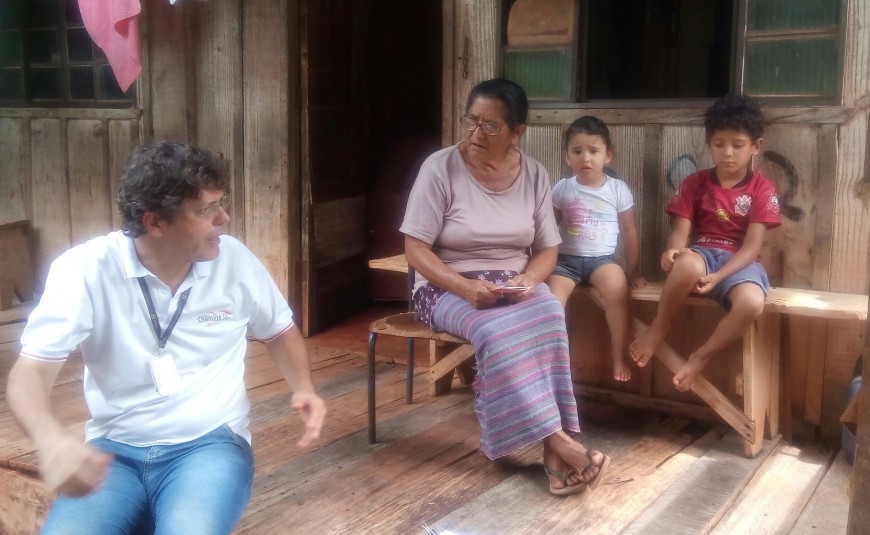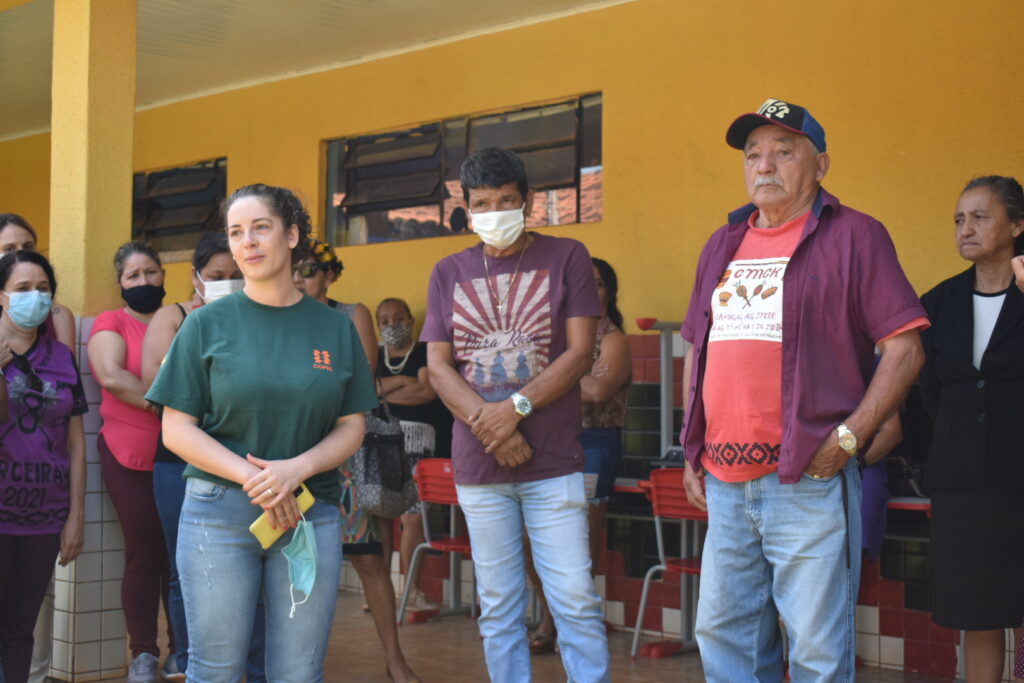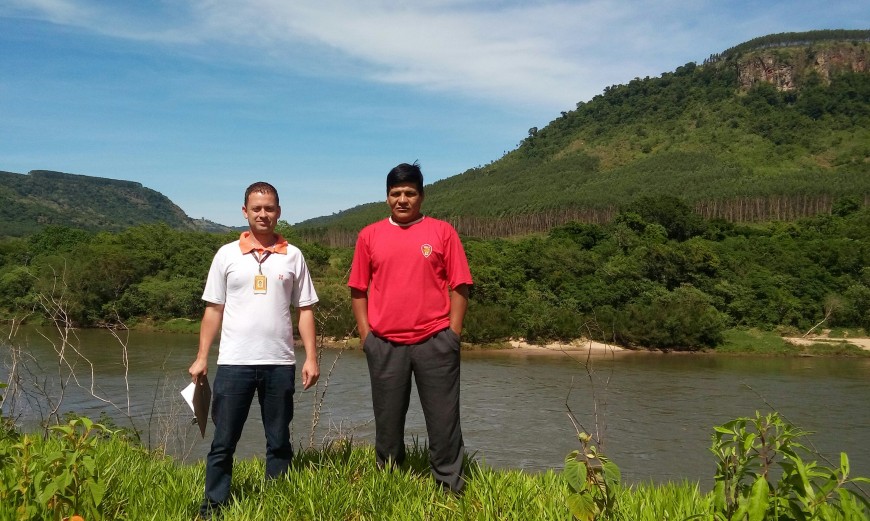Traditional Communities
For meeting the demand for electric power in indigenous communities located in environmental conservation units or other areas where implementing the distribution grid is not feasible, Copel develops projects for new power connections, installing photovoltaic panels, providing guidance on the aware use of electricity, in addition to registering indigenous communities in the Electric Power Social Charge.
Copel DIS effectively participates in meetings of the State Council of Indigenous Peoples and Traditional Communities of Paraná – CPICT, seeking to provide special care in taking demands and promoting clarification to all participants.
Several licensing and intervening agencies participate in the meetings, such as IAP, FUNAI, Fundação Palmares, IBAMA, INCRA, DNIT and ICMBio, in addition to representatives of traditional communities (quilombolas, riverside communities, faxinais, indigenous and traditional artisanal fishermen).
Copel GeT carries out actions targeting traditional populations located in areas surrounding undertakings, aiming at socioeconomic sustainability and cultural valuation of these communities. Actions are implemented in two indigenous communities where the Company has facilities: Indigenous Land
Apucaraninha, in the Municipality of Tamarana, where is installed UHE Apucaraninha – 10 MW, and Indigenous Land Barão de Antonina, in São Jerônimo da Serra, intercepted by 230 kV Power Line Figueira – Apucarana.
Carrying out these activities was made possible due to the creation of specific Funds held by the respective communities, for the purpose of financing programs inside Indigenous Land. The innovation this financing model presents is its hybrid management, since the Funds are managed by combined committees, composed by representatives of Copel and representatives from Indigenous communities, monitored the National Indian Foundation – FUNAI and by the Local Prosecutor General’s Office – MPF.
Investment of these resources is defined in a dialog with the communities and their representatives, respecting their forms of organization and tradition.







